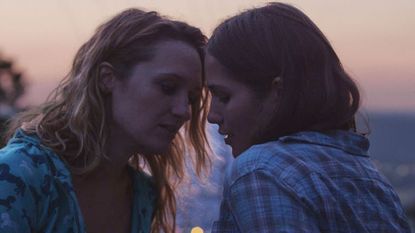

When writing about the popularity of TV shows that portray relationships in a realistic and modern way, Vulture recently dubbed the trend the "rise of the millennial sitcom"—think Broad City, You're the Worst, Girls, Love, Master of Love, and so on—where characters' lives are messier and less predictable than sitcoms of the past.
Instead of knowing what they want in relationships and out of life, the twenty- and thirty-somethings on these shows don't have it all figured out. Their romances often lack labels, because they don't know how they feel, or because they're not so into monogamy. If the end goal for a certain genre of TV characters used to be marriage, it's now less defined.
If the end goal for a certain genre of TV characters used to be marriage, it's now less defined.
At this year's Tribeca Film Festival, a number of films followed a similar pattern, portraying love stories in ways that felt more genuine than many of the blockbuster rom-coms we're used to seeing. Movies that premiered at the festival depicted scenarios from a partner considering infidelity to potential love interests who are totally out of sync with what the other wants to exes who still live together—and more plot lines that don't deliver fairytale endings.
Take Between Us, about two late twenty-somethings who have been together for six years and are contemplating marriage ambivalently. Dianne and Henry (Olivia Thirlby and Ben Feldman) are considering a new, upgraded apartment, and everyone wonders why they haven't tied the knot already. When alone together, neither can seem to do anything right by the other, but they cling to the funny and affectionate moments that remind them how they used to feel.
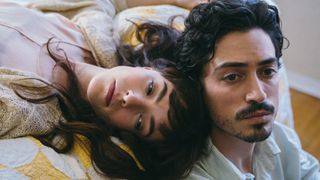
Olivia Thirlby and Ben Feldman in 'Between Us'
For awhile, they want to want to still be in love, but there comes a point when even that weak foothold falters. Both are privately considering infidelity, and one evening following a blow-up fight, they have the opportunity to explore their desires and what they mean for their struggling relationship. That relationship is deeply in the should we break up, what is the point of being together? stage that's not often seen in movies. Here, it's played in a highly relatable way.
In AWOL, another film that premiered at the festival, Joey, a young woman in rural Pennsylvania (Lola Kirke) joins the army as a way out of her small town just as she starts falling in love with unhappy housewife Rayna (Breeda Wool). The two decide to run away together, and Joey defects. The movie contemplates what happens when love unexpectedly unsettles the lives we are meant to lead: Joey is supposed to make something bigger of herself, and Rayna has her husband and daughters. It's a beautiful depiction of falling in love, but it's grounded in harsh reality that is explored in depth instead of being glossed over.
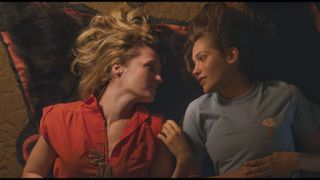
Breeda Wool and Lola Kirke in 'AWOL'
Other notable examples include Dean, where seeming manic pixie dream girl Nicky (Gillian Jacobs) has a complicated backstory of her own; Equals, a dystopian love story starring Kristen Stewart and Nicholas Hoult set in a future where no one is allowed to feel emotion; and Women Who Kill, where exes Jean and and Morgan (Ann Carr and Ingrid Jungermann) live and work together and attempt to date other people.
Stay In The Know
Marie Claire email subscribers get intel on fashion and beauty trends, hot-off-the-press celebrity news, and more. Sign up here.
Writing and filming more honest romantic narratives means the women in them are more than love objects.
A major upside to this type of storytelling is that it makes for compelling female characters.Writing and filming more honest romantic narratives means the women in them are more than love objects. Instead, they're complicated, flawed, and dimensional—and, unsurprisingly, all the better for it. Just like it's gratifying to see films that show relationships like the ones we know, it's even more satisfying when the women in them remind us of ourselves.
Follow Marie Claire on Facebook for the latest celeb news, beauty tips, fascinating reads, livestream video, and more.
I'm the features editorial assistant at Marie Claire. Before working at MC, I spent time in the production department at The New Republic and writing about politics for Bustle. When I'm not writing, you can find me museum-hopping, practicing mediocre yoga, and stalking pugs on Instagram.
-
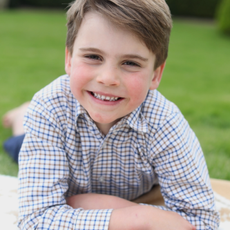 Prince Louis Turns 6—See the Adorable New Photo
Prince Louis Turns 6—See the Adorable New PhotoPrincess Kate was behind the lens.
By Iris Goldsztajn Published
-
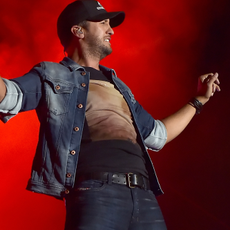 Luke Bryan Trips Over a Fan's Phone During a Show, Jokes "My Lawyer Will Be Calling"
Luke Bryan Trips Over a Fan's Phone During a Show, Jokes "My Lawyer Will Be Calling"He thought it was hilarious.
By Iris Goldsztajn Published
-
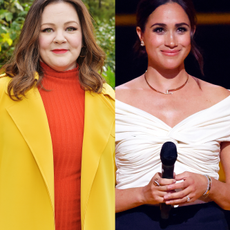 Melissa McCarthy Defends Meghan Markle From Critics Who Are "Threatened" by Her
Melissa McCarthy Defends Meghan Markle From Critics Who Are "Threatened" by HerMcCarthy once starred in the duchess' 40th birthday video.
By Iris Goldsztajn Published
-
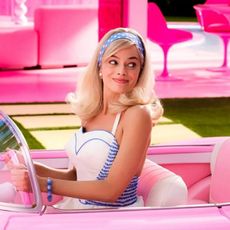 A Definitive Ranking of Margot Robbie’s Top 10 Movie Roles
A Definitive Ranking of Margot Robbie’s Top 10 Movie RolesShe's got a knack for playing complex women.
By Andrea Park Published
-
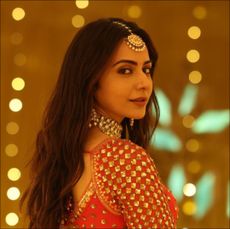 The Best Bollywood Movies of 2023 (So Far)
The Best Bollywood Movies of 2023 (So Far)Including one that just might fill the Riverdale-shaped hole in your heart.
By Andrea Park Published
-
 ‘Bachelor in Paradise’ 2023: Everything We Know
‘Bachelor in Paradise’ 2023: Everything We KnowCue up Mike Reno and Ann Wilson’s “Almost Paradise."
By Andrea Park Last updated
-
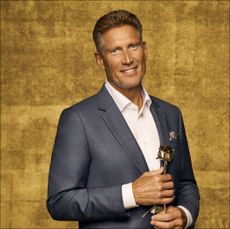 Who Is Gerry Turner, the ‘Golden Bachelor’?
Who Is Gerry Turner, the ‘Golden Bachelor’?The Indiana native is the first senior citizen to join Bachelor Nation.
By Andrea Park Last updated
-
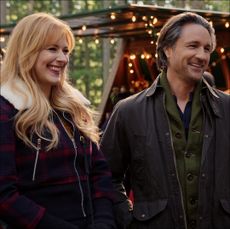 ‘Virgin River’ Season 6: Everything We Know
‘Virgin River’ Season 6: Everything We KnowHere's everything we know on the upcoming episodes.
By Andrea Park Last updated
-
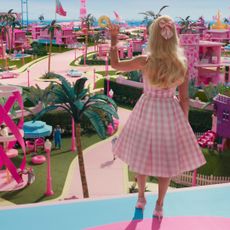 The 'Barbie' Movie Poster Is Already This Year's Most Iconic Meme
The 'Barbie' Movie Poster Is Already This Year's Most Iconic MemeYour daily dose of internet comedy.
By Iris Goldsztajn Published
-
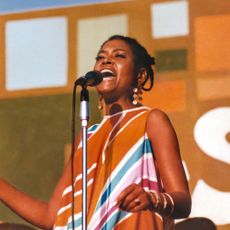 Documentaries About Black History to Educate Yourself With
Documentaries About Black History to Educate Yourself WithTake your allyship a step further.
By Bianca Rodriguez Published
-
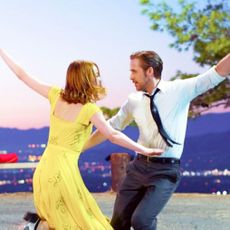 The 60 Best Musical Movies of All Time
The 60 Best Musical Movies of All TimeAll the dance numbers! All the show tunes!
By Amanda Mitchell Last updated